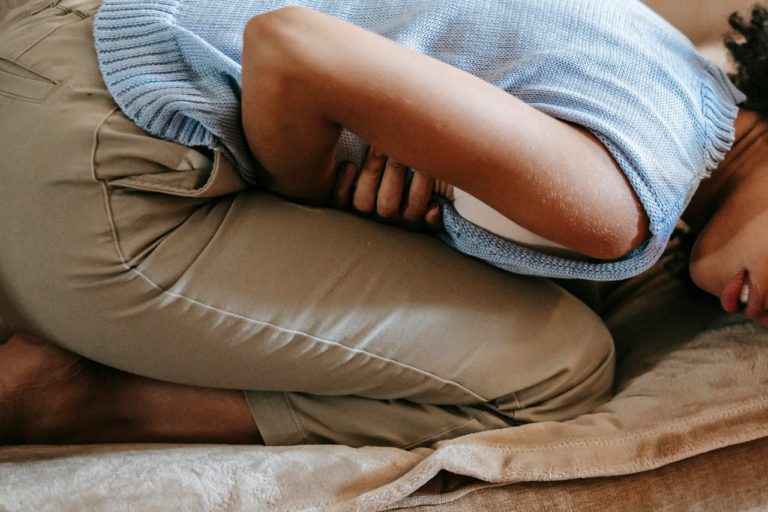Sleep is brain food that is vital for good health. Not only does it affect our energy levels, but also our ability to think, pay attention, make decisions, and be productive. And a new study found sleep can also affect our ability to lose weight.
How Is Sleep-Related To Weight Loss?
Researchers evaluated almost 2,000 overweight people after one year on an intensive weight-loss program. Participants followed a Mediterranean-style, low-calorie diet while simultaneously exercising and improving other lifestyle habits. And what they found was that those who slept 6 or fewer hours per night lost less weight than those who slept between 7 and 9 hours each night.
This is just one example of how important sleep is to overall health. Unfortunately, not enough of you are making this a priority and often sacrifice sleep. So, make sure you’re getting enough sleep – especially if you’re trying to lose weight.
How Can I Get More Sleep?
Luckily, there are a few simple things you can start tonight to get your sleep pattern back on track.
- Schedule – create a sleep schedule and stick to it. Go to bed and wake up at the same time every day, weekends included.
- Avoid – Stay away from alcohol, caffeine, large meals, and cigarettes at night. All of these are sleep disrupters and can negatively impact your sleep quality. If you struggle with evening cravings, try a light snack about 45 minutes before bed.
- Wind Down – Wind down at least 1 hour before bed. Put away electronic devices – stay away from screens (anything with blue light). Read a printed book, meditate, or enjoy a cup of herbal tea to prepare for sleep.
- Exercise – While important for overall health, exercise can also help you sleep. Moving energy around by moving your body during the day relieves stress and can help promote a good night’s sleep.

What Else Do I Need To Know?
It might seem obvious, but monitoring your diet is crucial for successful weight loss. Consuming high-calorie and processed foods will not contribute to shedding extra pounds. Instead, aim to eat healthily about 80% of the time, incorporating plenty of vegetables, fruits, and nutritious whole grains into your meals. Additionally, consider trying an all-natural sleep aid, such as my Sleep Max supplement, which is a scientifically formulated product created to address occasional sleep disruptions and promote rejuvenating rest. Combining this with regular exercise and stress management techniques will help ensure you achieve the restful sleep your body needs.
Lifestyle adjustments can go a long way for sleeping well and losing weight. But, if you’re making strives towards these changes and still have trouble sleeping, please talk to your doctor. You may have underlying issues such as sleep apnea impeding your sleep.
My Personal RX:
No matter how busy my days get, I make sure not to neglect the power of quality sleep, as it contributes to overall health and well-being. By prioritizing restful and restorative sleep, we can enjoy benefits like increased productivity, improved mood, and enhanced physical performance.
1. Establish a consistent bedtime routine to signal to your body that it’s time to wind down and prepare for sleep. This could include activities like reading a book, taking a warm bath, practicing relaxation techniques, or listening to calming music.
2. Avoid electronic screens at least one hour before bed or use blue light-blocking filters or glasses. Blue light emitted by electronics can interfere with your sleep by suppressing the production of melatonin, a hormone that regulates sleep.
3. Experiment with sleep-inducing foods. Some foods contain natural compounds that may promote sleep, such as kiwi, tart cherries, almonds, or herbal teas like chamomile or passionflower.
4. Dive into the secrets of restful sleep with my Sleep Guide, a comprehensive resource that provides a step-by-step approach to achieving optimal sleep quality. Uncover the path to rejuvenating sleep
5. Enhance your sleep experience with Sleep Max supplements. This powerful blend of natural ingredients supports your body’s sleep-regulating neurotransmitters, promoting deeper and more restorative sleep. Upgrade your sleep routine





















